Fefana press conference: Probiotics in animal feed
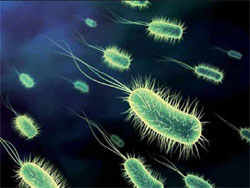
Fefana, the EU Feed Additives and Premixtures Association, on March 26, 2009 organised a meeting on the use of probiotics in animal feed. Feed Tech reports from the meeting and asks if probiotics are the products for the future.
Catherine Evrevin of DGCCRF (General Directorate for Competition Policy, Consumer Affairs and Fraud Control) talked about the fact that “Additives are heavy regulated”.
Additives play an essential role in the animal production sector in France and in Europe. Their use in animal feed is thus subjected to general legislation and principles which also reflect human food: safety, loyalty, no misleading. The feed additives legislation in the EU has now been harmonised at community level since 1970. Additive use has been regulated in France for more than fifty years.
Today, only additives of the positive community list can be used. Any additive is indeed subjected to a strict assessment procedure before being authorised for release on the market in contrary to raw materials, which can freely circulate under the users’ responsibility, if they do not present risk. The information for the users is ensured by mandatory labelling requirements.
To make sure the rules of production and use of additives are correctly applied, official controls are carried out throughout the food/feed chain. These controls are also directed at advertising as far as claims are concerned. Every additive is authorised for one or several of the 22 existing functions defined. In the case of advertising for feed materials and animal feed, the companies also have to give justification at any time when demanded by the control authorities to make sure that their statements are not misleading.
| Fefana is the EU Feed Additives and Premixtures Association founded in 1963. Fefana represents around 100 companies (producers and retailers) from the 27 European Union countries. SYNPA (the French trade association of the food chain’s additive and ingredient producers), for example has been integrated into the Fefana network. It represents Fefana at the French level and supports Fefana’s policies towards the national authorities. The organisation is made up of producers of all additive categories and has created working groups (WGs) for micro-organisms and probiotics that aim at promoting the beneficial sides of these products and presenting their technical aspects. Members of this working group (Lallemand, Probiotics International, DSM, Alltech, Volac, Lesaffre, Lactosan, Danisco, Biomin, Norel y Nature, Kemin, Chr.-Hansen, Huvepharma) are the main producers for this kind of additives in Europe. |
Probiotics in animal feed
Do probiotics have a future in animal feed? This question was investigated by Dr J-P Jouany, research director at the French research institute INRA. The word ‘probiotic’ is derived from the Greek meaning ‘for life’. It was first used by Lilley and Stillwell (1965) to describe substances secreted by one micro-organism that stimulated the growth of another.
The definition proposed by Fuller (1989) as “a live microbial feed supplement which beneficially affects the host animal by improving its intestinal microbial balance” has been accepted by the scientific community. This revised definition stressed the need for a probiotic to be viable.
Early studies conducted by Metchnikoff (1907) showed that the population of bacteria in the gut plays a major role for the continuing health and well-being of animals. Bohnhoff and Freter in the 1950s indicated that gut bacteria protect animals against infection from Salmonella, Shigella and Vibrio choleras. It is now fully recognised that homeostasis of gut bacteria is essential for animal (and human) health. Many inflammatory and infection diseases are a result of gut microflora deficiencies related to the extreme dietary conditions or of increased animal concentration in modern intensive systems of production. The use of probiotic supplements seek to repair these deficiencies.
Benefits of live yeast
As an example: adding live yeasts to the diet of ruminants improve the environmental conditions of the rumen (increase of anaerobics, higher pH values, supply of some growth factors). This in turn stimulates the growth of some bacteria involved in fibre digestion and/or eliminates some end products (lactate) that are responsible for digestive dysfunctions such as rumen acidosis. Improvement of feed utilisation by animals thus explains improvement in animal production. Other effects of probiotics such as stimulation of the immune system of animals, elimination of some toxins (phytotoxins, mycotoxins) and decrease of inflammatory phenomena, have also been demonstrated.
A recent debate was raised on the comparative effects of live vs dead yeasts in feed supplements.
“Of course, dead cells cannot metabolise substrates and, therefore, all the mechanisms needing such metabolic activity (oxygen scavenging, lactate use, production of bacterial growth factors or intermediate metabolites) are not activated in this case”, said Jouany.
Only a supply of nutrients and enzymes from dead yeasts and culture media can be considered.
“This means that the amount of such feed supplements based on dead cells must be significant, and can be useful only in special feeding conditions with large nutrient deficiencies”, Jouany added.
Legal constraints
Gerald Prive, lawyer in St Nazaire, France pointed out that there is no particular legal clause concerning the publishing of scientific articles: the general clauses of the ordinary law on liability can be implemented in a small number of cases.
Indeed, the journalist can see his/her liability arise only at the publishing of erroneous information but on a voluntary basis, either due to negligent wrongdoing (no precaution is taken to verify the sources) or deliberately when the author knows that the information revealed to the public is purposely erroneous or misleading.
Advertisements or labelling, which are also means of communication, are regulated through specific texts of the consumption code and are, in the case of false information, punished through magistrate’s court or police sentences.
Join 26,000+ subscribers
Subscribe to our newsletter to stay updated about all the need-to-know content in the feed sector, three times a week. Beheer
Beheer

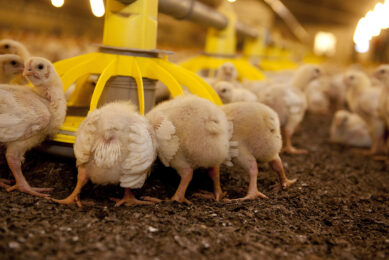
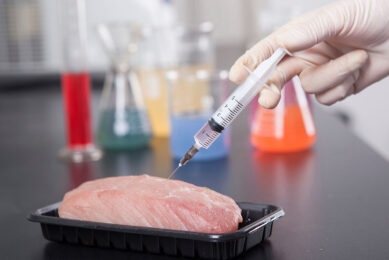
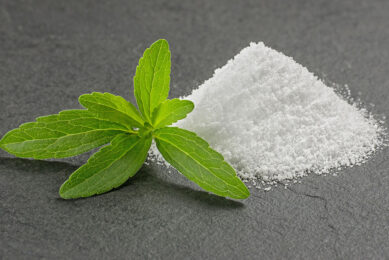
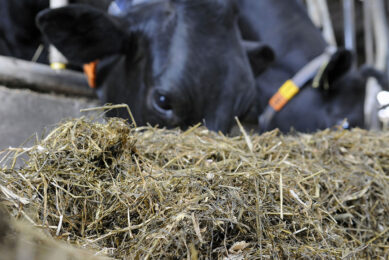
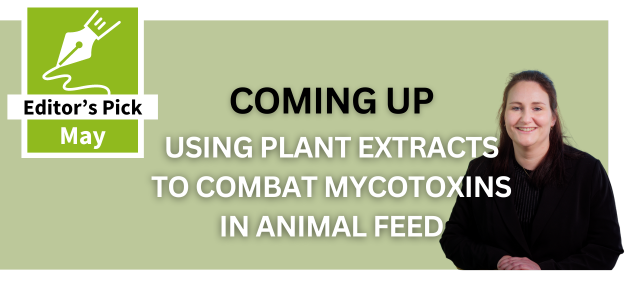



 WP Admin
WP Admin  Bewerk bericht
Bewerk bericht